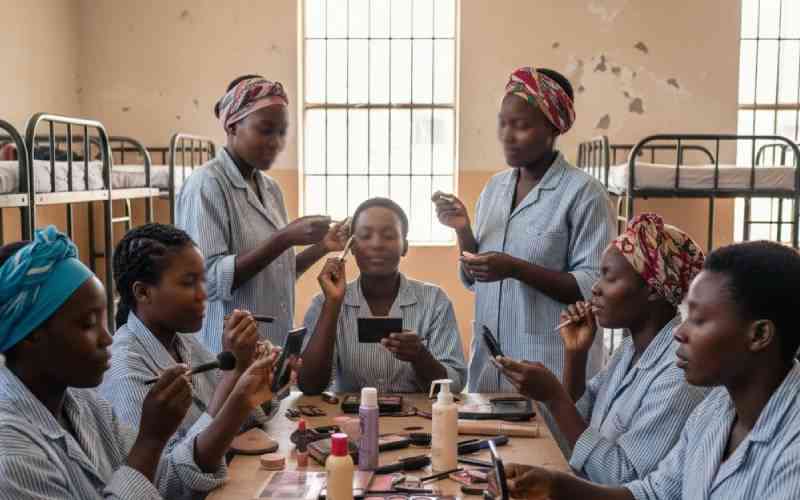
I have heard it said that, as a leader, you are only as good as your last decision. Making regrettable decisions is something most people can relate to, while making great decisions is a skill honed over and over again. The part of our brain that makes decisions is like a muscle that needs training and used over and over again until it becomes routine and habitual.
Given that making decisions is as much as science as it is an art, what distinguishes a good from a bad and a great from a good decision maker?
USING FILTER
Poor choices lead to bad decisions. Bad decisions can sometimes compound until the result is cataclysmic. The risk with decision making is that there is rarely ever perfect information; you either have too little information or sometimes you’re deluged by how much information there is to the point that you cannot sift out what is relevant.
While gut instincts are rarely, if ever quantifiable, when no information is available this tends to be the starting point for your thought process. Gut instincts are usually informed by an accumulation of past knowledge, experiences and decisions. Therefore, it can be refined and improved. It is important to be able to distinguish between theory, opinion and fact, as this allows the basis of the decision to be understood and justified.
SOURCE
The source of information on which your decision is based will have a lot to do with how sound the decision is. When consulting other people, ensure you are aware of their particular biases; everyone has them. Carefully choose which sources to consult to avoid analysis paralysis and overload. Subject your intended course of action to public, but trusted, scrutiny. Sometimes we miss things that are glaringly obvious and external scrutiny could allow that to be fixed.
RISK/REWARD
Every decision has a risk and reward, a cost and a benefit. Seemingly clear courses of action have been thrown out because the costs far outweigh the benefits or the risks are too high and untenable. It is important to quantify these, as far as possible as they will guide in any projections you need to make.
Even where decisions are made for the social good or an organization’s reputation, this still applies. Always have a contingency plan. Even the best laid plans have a way of going awry so it is important to know what to do in that event.
 The Standard Group Plc is a multi-media organization with investments in media
platforms spanning newspaper print
operations, television, radio broadcasting, digital and online services. The
Standard Group is recognized as a
leading multi-media house in Kenya with a key influence in matters of national
and international interest.
The Standard Group Plc is a multi-media organization with investments in media
platforms spanning newspaper print
operations, television, radio broadcasting, digital and online services. The
Standard Group is recognized as a
leading multi-media house in Kenya with a key influence in matters of national
and international interest.










